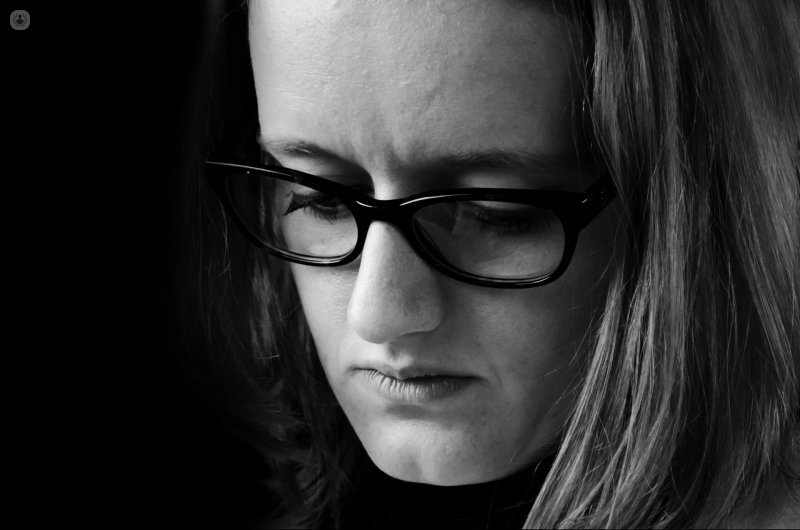Dysthymia: what it is and how to treat it
Written by: Dysthymia is a chronic mood disorder depressive character, characterized by low self-esteem and appearance of a melancholy, sad and sorry mood. Nevertheless, the symptoms do not meet all standards of diagnosis for depression.
Dysthymia is a chronic mood disorder depressive character, characterized by low self-esteem and appearance of a melancholy, sad and sorry mood. Nevertheless, the symptoms do not meet all standards of diagnosis for depression.
This condition suffer from 3 to 5% of the population. Its etiology is complex and multifactorial, given the various biological, psychological and social mechanisms involved. Developmental psychosocial factors influence the uprooting, lack of incentives and recognition in childhood, among other causes.
In the latest edition of the Diagnostic and Statistical Manual of Mental Disorders (DSM-5) dysthymia is modified by persistent depressive disorder.
Symptoms of dysthymia
The main symptom is persistent state of dysthymic mood almost daily over at least two years. Other symptoms that experts set Psychiatry can be:
• Eating disorders: anorexia or binge eating.
• Sleep disorders: insomnia or hypersomnia (wakes several times)
• Feeling deficit of vital energy (asthenia), tiring, continuous fatigue
• disorders of memory and ability to concentrate.
• Low self-esteem, feelings of inadequacy, feelings of hopelessness, pessimism
• Inability to decision making
Diagnosis and treatment of dysthymia
Dysthymia diagnosis is based on the presence of the main symptom with any side persistently stable. However, patients may experience changes over time in the intensity of symptoms.
Without treatment, dysthymia usually evolves into a more serious depression, because it is a disease with a tendency to chronicity and incomplete recovery.
Most often, the treatment (psychotherapeutic and psychopharmacological) significantly improve the clinical symptoms. The most effective treatment is a combination of antidepressant medication with psychotherapy psychodynamic, cognitive behavioral, interpersonal orientation, etc.


